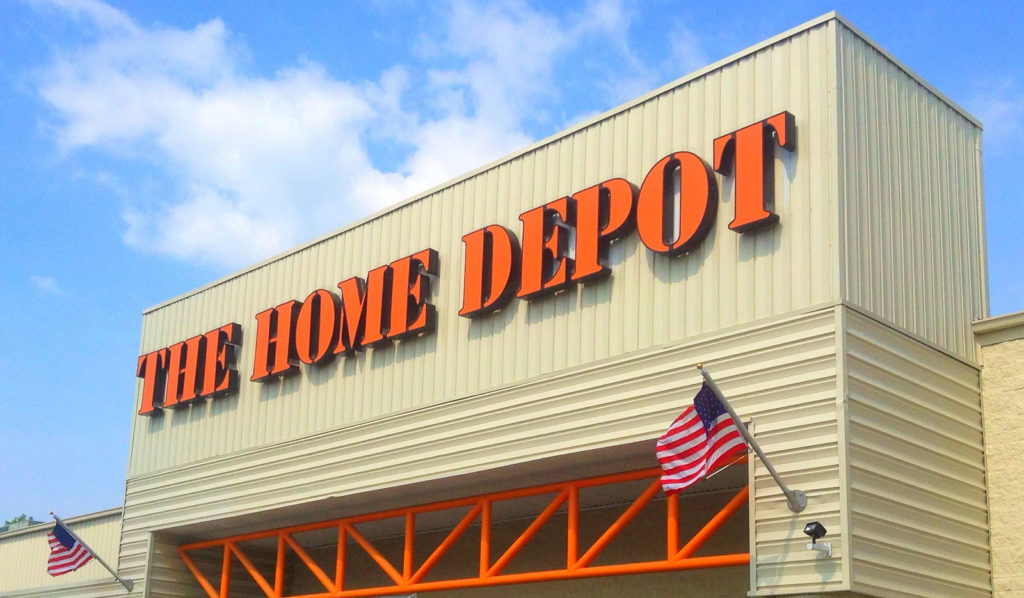People often ask me: “Is remodeling my home a good investment?”. Other times it’s stated as fact: “Remodeling IS ALWAYS a good investment. Any money I put into my house, I’ll get back when I sell it”. My response is typically the same: “Well, maybe, but not likely”. In our article, Cost vs Value: What’s the Difference?, we discussed the difference between cost and value.
To recap:
Cost: what you pay.
Value: what it’s worth.
The same thing applies to home remodeling and maintenance. Below, we’ll discuss: “Is Remodeling My Home A Good Investment?”
Remodeling Can Increase Value, However…
What you pay for a remodel doesn’t necessarily translate into a dollar-for-dollar increase to the value of your home. In fact, most of the time, any resulting increase in your home’s value is only a fraction of what you spent on the remodel. For example, a brand new kitchen might cost $35k (or more). That new kitchen might only increase the value of your home by $10-15k (maybe less). Then, why remodel at all? Maybe you plan to stay in your home for another 20 years, and you’ve always wanted a custom kitchen. In this case, the price of the new kitchen buys you something you’ve always wanted. There certainly is value there, if you can afford it. The value comes from your use and enjoyment of said kitchen, not necessarily as equity.
Over-Improvements and Features Most People Don’t Want
Over-improvements occur when you add extra rooms, features, or square footage that make your home drastically different than other homes in the neighborhood. At a certain point, your home’s value is limited by the average value of the surrounding homes. I once had a client who wanted to buy a 2,750 sqft ranch house in a neighborhood full of houses that were mostly 1,000 sqft bungalows. This custom built home was so different from the other homes in the neighborhood, the appraiser had trouble establishing value. While this was just one example, my point is the same: your home’s value is limited by the neighborhood.
The same thing can happen when you add features most people don’t want. An in-ground swimming pool is a great example. People may fantasize about having daily access to their very own pool, but the thought of maintenance costs, time, added liability & insurance premiums can quickly put a damper on that for many. While the cost of a new in-ground pool is very high, and it can actually hurt the value of a home. I’ve seen many people buy houses with in-ground pools, only to immediately remove or fill them in.
Lack Of Maintenance Will Decrease Value
What you spend on maintenance most likely won’t increase the value of your home. Buyers expect a house to have functioning plumbing, HVAC, roof, windows, etc. Replacing those items right before you sell your home doesn’t “add value”, because those items are just expected. A brand new AC can often be the “tie breaker” for buyers choosing between 2 similar houses, but won’t often increase the sales price by much. On the flip side, neglected maintenance items will reduce the value of your home. Buyers will assume a lack of upkeep with a few obvious items is indicative of how well the entire house was cared for.
Maintenance is easy to forget forget when budgeting for a new home, especially for first-time homebuyers. That doesn’t mean renting is better. Your landlord may write the check at the time of the repair, but you can be certain it’s built into the rent as a cost of doing business. Typically, a good house in a good neighborhood will appreciate in value faster than what you will spend on maintenance. So, don’t let home maintenance scare you. Instead, when buying a home, work with a good real estate agent and home inspector who can help you evaluate a home before you buy it. Keep an emergency fund to cover these expenses when they happen. Also, remember that keeping up with maintenance is usually cheaper than waiting until little things become major expenses (i.e. leaky pipes, exterior painting, etc). Don’t put it off!
Do It Yourself (DIY)
If you’re the handy type, you can sometimes minimize cost and maximize value by doing the work yourself. However, it’s important you honestly evaluate your skills and eye for design before you get too excited about this option. Many people over estimate their capabilities, and/or over estimate the amount they’ll save going DIY. I’ve seen more bad DIY work than good, and sloppy work can really hurt your resale value. Also, be sure to pull the proper permits before you start working. Unpermitted work can come back to bite you in the event of an insurance claim or when selling your house. If you can pull it off, there can certainly be some cost savings. Plus, you’ll enjoy the bragging rights that come with a great DIY project.
What Are Your Plans?
Knowing what your long term plans are will make a big difference in your cost vs value equation. If you’re planning on moving soon, keep it simple by focusing on basic items like fresh paint and general maintenance. If you’re planning on staying for the long haul, then it’s probably much safer for you spend a little more on a remodel.
Hopefully, this answers some questions for you. If you’re still unsure “Is Remodeling My Home A Good Investment?”, or you’re thinking of buying or selling, feel free to contact me below.
Justin Rollheiser – REALTOR®
Keller Williams Realty | Diamond Partners, Inc.
13671 S Mur-Len St | Olathe, KS 66062
Cell 913-800-7653
Office 913-322-7500
www.JustinRollheiser.com
Comments or Questions?
